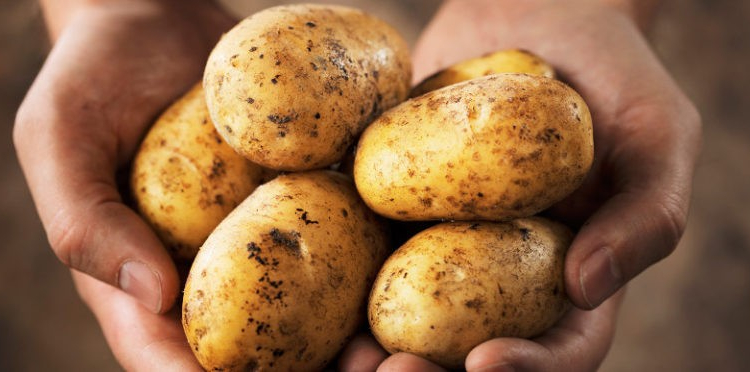Potatoes are the sustainable carbohydrate; it’s a fact. This comes as a result of new research from Cranfield University to compare the total greenhouse gas emissions (GHGE) and water usage for potatoes against rival carbohydrates, rice and pasta.
Environmental concerns when it comes to food production is a major issue for both the farming and manufacturing industry and that’s why Potato Council commissioned the comparative study and presented its findings to levy payers and interested third parties recently.
It was a unique opportunity to examine the detailed work behind the research, how the findings can be used throughout the industry to promote potatoes as a sustainable food choice and ask questions.
Caroline Evans, Potato Council’s head of marketing and corporate affairs, said: “The study builds on our previous research work to show that GB potatoes are healthy.
“The industry has made significant advances in sustainable production methods and it is important that we focus on generating maximum and consistent exposure for these messages amongst Government and agencies, as well as consumers.
“Combined with the evidence to support their healthy credentials, this research is ideally positioned to help us inform key audiences to ensure potatoes get top billing when it comes to recommending the types of food we should be eating.
“We hope to see good support from levy payers, who will be able to discuss and use the findings presented on the day.”
Top findings included the fact that focussing on greenhouse gas emissions (GHGE) and water usage of the three carbohydrates, potatoes and pasta have systematically lower GHGE and water impacts than basmati rice.
Also, the higher levels of GHGE associated with basmati rice can be accounted to emissions generated during primary production and transportation from India, while the differentiation in water usage can be attributed to the far more significant irrigation requirements of rice.
The distinctions between potatoes and pasta were far less pronounced. However, when expressed as a typical portion size, potatoes have lower GHGE and potential water scarcity impact.







